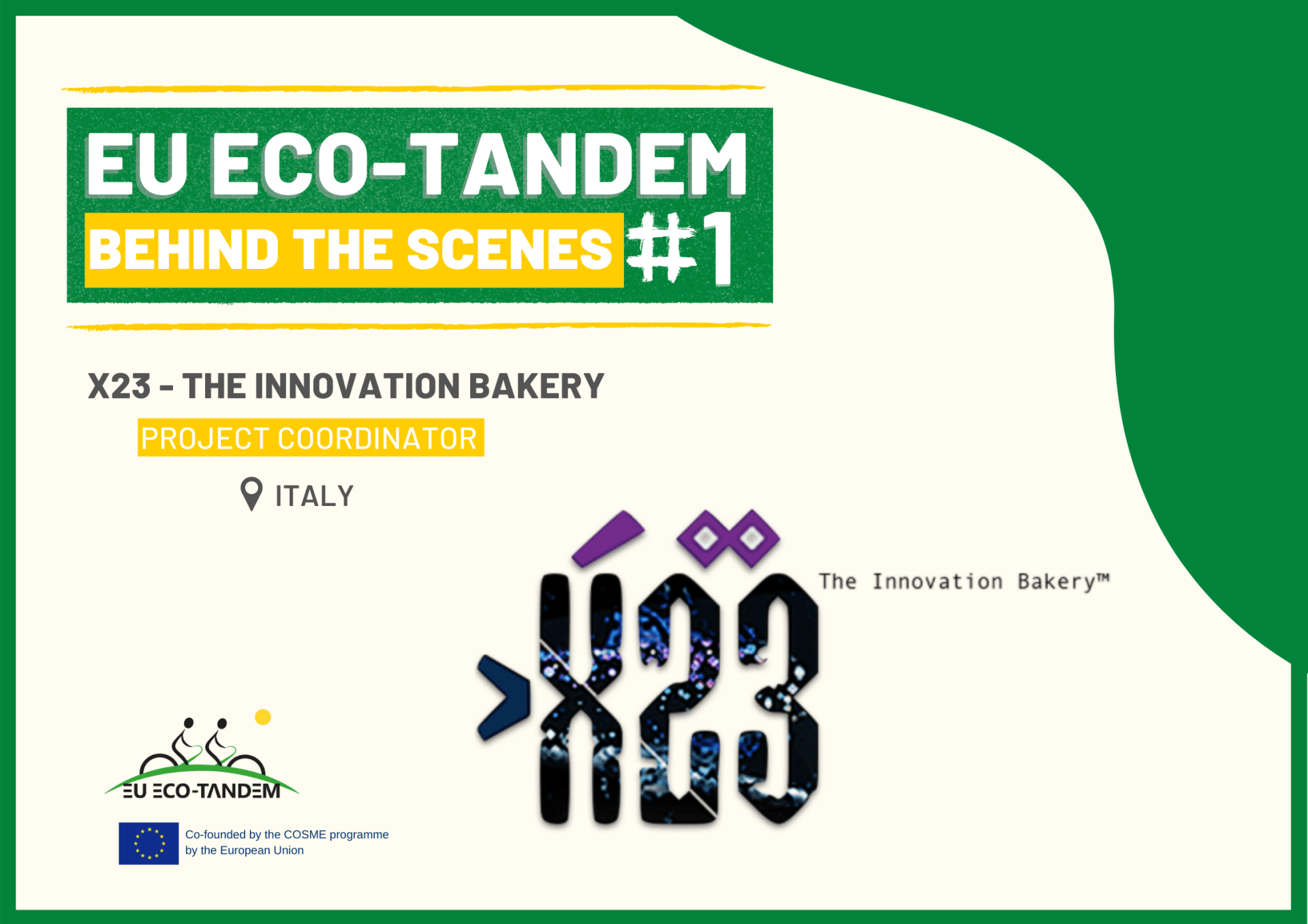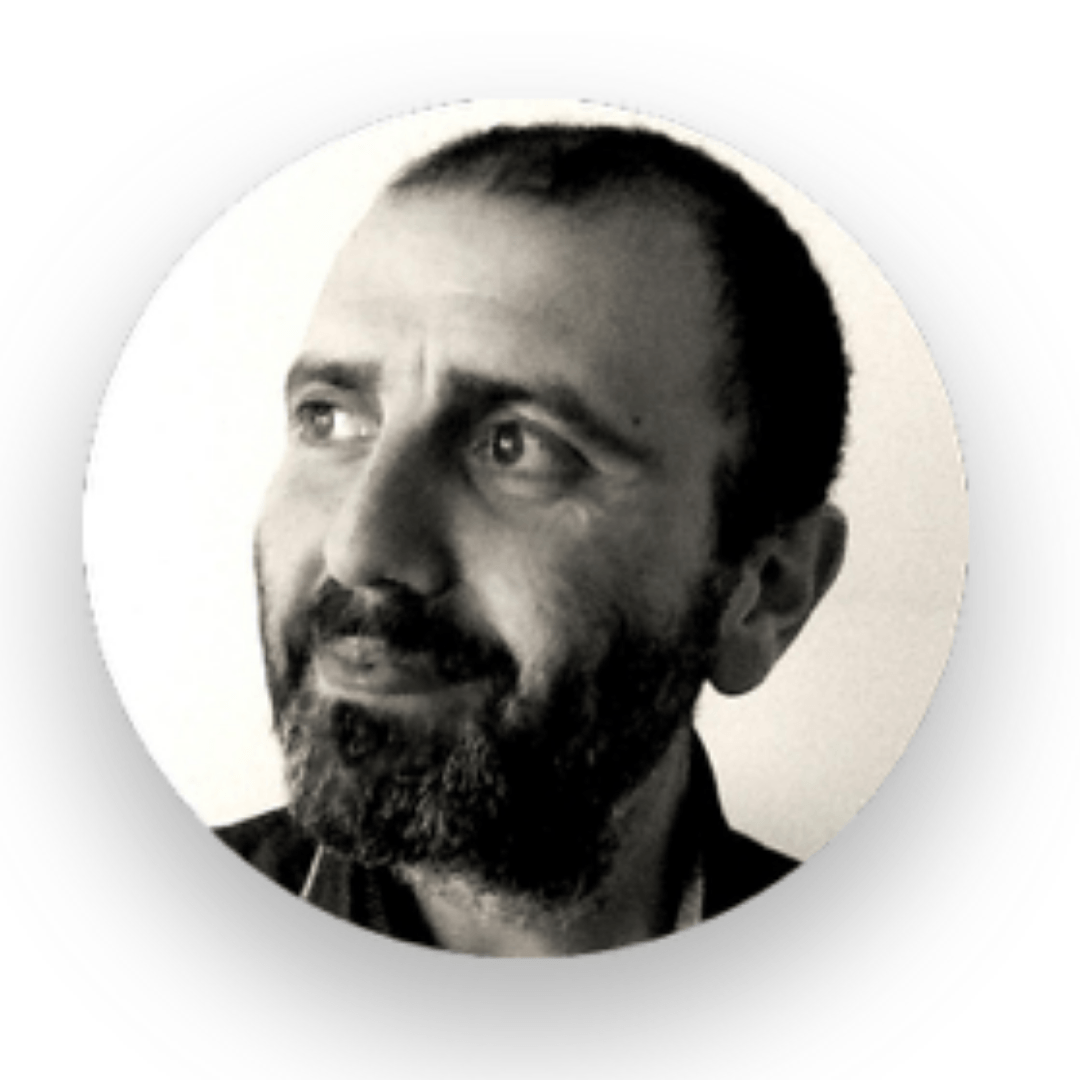A few words about
X23…
Committed to innovation, research, growth and scale-up,
X23 is an independent multidisciplinary, self-sustaining research center founded in 1999. Started as Xóôlab (Ferrara - Italy, 1999) a polyhedral laboratory of scientists and performers devoted to experimental research, then merged with The Twenty-Three (Milan and Rome, Italy), a lab of high-skilled strategists in industrial processes and analysts in Economics (Behavioural Economics), today X23 is catalysing multidisciplinary pioneering projects, applying its own methodology, and committing a blend of specialised skills in R&D, business growth and scale-up process to make them unfold into the real world.
Innovation (and in particular social innovation as well as innovative ways of gathering people together) and R&D is our passion and focus, as we are fully convinced this is the unique driver for progress not only in business and economic terms, but ultimately for human life in society and the ecosystem as a whole, guided by the UN SDGs.
Q2: In which ways is your organisation committed to sustainability? Which are your personal motivations to join the team of EU ECO-TANDEM?
Strategically, the SDGs represent our guiding principles, specifically:
GOAL 3: Good Health and Well-being
GOAL 4: Quality Education
GOAL 5: Gender Equality
GOAL 9: Industry, Innovation and Infrastructure
GOAL 10: Reduced Inequality
GOAL 11: Sustainable Cities and Communities
GOAL 12: Responsible Consumption and Production
GOAL 13: Climate Action
X23 designed the EU ECO-TANDEM given the specific focus on sustainability, and sustainable development. Throughout our work, we carry out extensive and diversified research connected to sustainability issues. This combined with our expertise in providing innovation support services to enterprises in the tourism sector and beyond, made the choice to design and implement organically the EU ECO-TANDEM the only logical step.
Q3: Why do you think sustainability represents a big potential for the tourism industry?
Let's start by saying that tourism is one of the most important industries in the world and is an essential mechanism for development in many communities, where the hopes for economic improvement is firmly based on the amount of tourism revenue. The development of tourism has generally been considered a positive contribution to economic growth. However, it is important to note that the tourism industry is facing significant transformations. Considering this the importance of sustainability in tourism comes to play with its economic improvements for the local economy that sustainable tourism development can produce in the long term, taking into account all the diverse impacts that affect the different sectors and industries of the local economy. Sustainable tourism presents a big potential for the industry with its adequate utilization and management of resources to achieve economic, social and cultural needs while maintaining social, cultural integrity, ecological processes as well as biological diversity for the present as well as for the future generations.
We believe modern tourism with its trends and characteristics can not be promoted without considering the environmental management as a main component of the economic aspects of tourism.
Sustainable tourism is really an issue of how best to encourage tourism growth while minimising costs (McKrecher, 2003: 4). Sustainable tourism entails adequate utilisation and
management of resources to achieve economic, social and cultural needs while maintaining social, cultural integrity, ecological processes as well as biological diversity for the present as well as for the future generations. Therefore, modern tourism with its trends and characteristics can not be promoted without considering the environmental management as a main component of the economic aspects of tourism. sustainable tourism is really an issue of how best to encourage tourism growth while minimising costs (McKrecher, 2003: 4). Sustainable tourism entails adequate utilisation and management of resources to achieve economic, social and cultural needs while maintaining social, cultural integrity, ecological processes as well as biological diversity for the present as well as for the future generations. Therefore, modern tourism with its trends and characteristics can not be promoted without considering the environmental management as a main component of the eco- nomic aspects of tourism.
Q4: Why should a tourism SME join the EU ECO-TANDEM programme?
Because in these turbulent, unstable, constantly changing times it is important to not remain still, but rather to take charge and action to put oneself in the forefront of the shifting industry. The present times are saying sustainability is needed more than ever, and a responsible approach in the tourism sector can really make the difference. Companies are in the need to find a new way in the tourism market, innovation and sustainability can open new opportunities for SMEs then. The fact is also that transition to sustainable and responsible tourism services is not an easy process, so working with a team of highly skilled expert professionals and highly innovative companies is a great starting point.
Q5: Describe the EU ECO-TANDEM programme in three words
Innovative, transnational and game-changing.
Q6: A last question! Which is your favourite type of sustainable vacation?
Well, a shout out from all the X23 people: zero-waste!, Reducing consumption, minimising waste and maximis recycling. Preferably a vacation to destinations committed to reducing waste, like for example the island of Capri in Italy, which banned plastic bags.
We are the future we want for our future generations!









